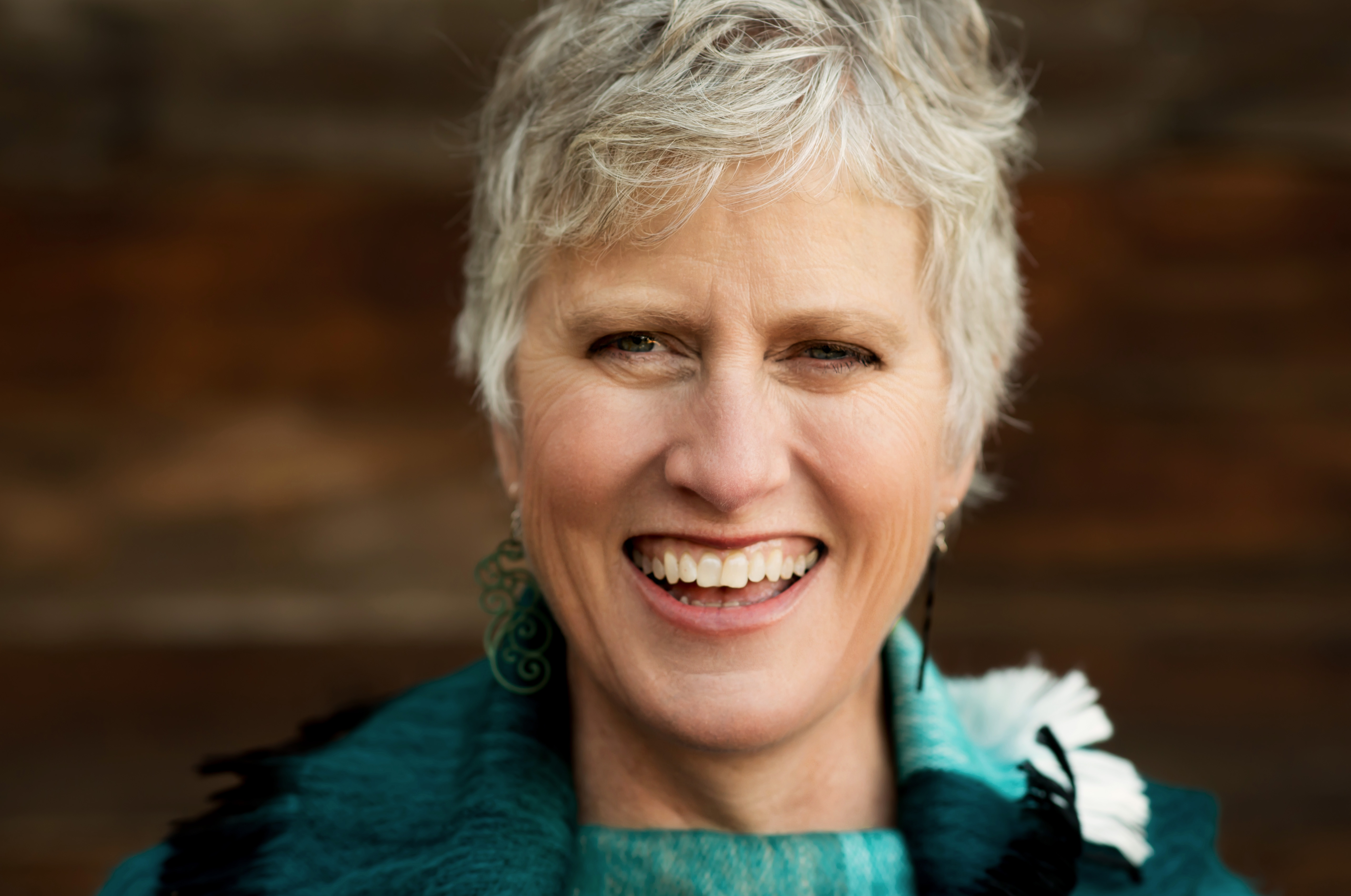It was when her lips touched the back of her baby’s neck that my heart swelled, and the tears came. The tenderness of it silently snuck in. A random moment of mothering that I am sure the mother (whom I don’t know) didn’t even really think twice about. She just was relishing, taking in the scent, the joy, the warmth of her little one in a spontaneous moment of stillness. It was pure, unconditional, centering, powerful, love.
The tears were mine. I was crying unexpectedly at the beauty of a stranger’s moment that caught my eye across the airplane aisle on a recent flight from somewhere to somewhere else. What got me was the remembering. My heart broke and the tears came because of both the visceral love and the fear. Love and gratitude at the pure beauty of my own children’s life and presence in mine.
Followed immediately by fear that I had not been a good enough mother and that I missed too much, too many kisses. Memories of the aching, empty, heartfelt loss of the hundreds (no, the thousands) of goodbyes I have had to make to my children over the years each and every time I’ve gotten on a plane, a boat, and automobile and headed to work. I’ve done it so often (said goodbye) that I’ve gotten good at it. Make it fast, say I love you, focus on when you’ll be back, celebrate the caregiver. But always, every single time, I’ve had to leave them or miss the many somethings that I’ve missed, my heart has relentlessly ached and I have cried. Even as I knew that my working was essential to their well-being.
Always, even now that my children are all just about fully embarked in their own adult worlds, I feel the loss, the guilt, and the double bind. The question beneath the feeling when I saw this mother kiss her baby was something like, “How many of those quiet kisses have I missed? What is the impact?” This strange second guessing at my age, despite my surety that my work was essential to our thriving, is related to how society at large lifts motherhood and mothering to heroic status irregardless of the practical reality that it is less and less likely that a woman always with her kids.
The days of kissing precious baby necks are over for me until grand babies enter my world (if they do!) but this is the heartful tension of working motherhood in the world of work today. I hear from women I work with over and over. And this twist of emotion has nothing to do with choice, for me, or any of the working mothers I know.
I have worked always because the economics of my situation required me to. The money I make has been essential to the fact of my children having a home, having clothes, receiving enrichment like music or sports, traveling, going to college, having insurance, surviving divorce reasonably intact, and yes, having food on the table. This has been the reality of my circumstance from the time I had my first to my last, and every step in between.
Truth bomb: the men I know have encountered the same economic pressures but have faced little to no social shaming, comparison to non-working men, private guilt, work stigma, or self-abuse because they have worked to support their family. In fact more often than not, the men whose careers succeed enough that they can afford for their partner to be home full-time are often revered and lauded.
I am proud of the things I’ve been able to provide my children: safety, security, adventure, enrichment, healthcare. But I can still can be emotionally wrecked by the sight of a Mama kissing the neck of her baby because of the pain of all those goodbyes over all those years and the wondering.
It is this, the central story of motherhood, that has worked its way into the consciousness of our entire society of work, that creates the most terrible double bind for so many women. Work and earn enough to help your family and run the risk you will not be a good enough mother. OR, stay home, and incur the vulnerabilities of financial dependence and the possibility of poor economic health for the entire family.
I was with a client recently who was describing a female executive he works with and he said, “I think she just can’t really focus on this job until her kids are grown. She is very good, but she doesn’t have the bandwidth.” The unsaid tagline I sensed was, “she doesn’t have the bandwidth to work like I work, every evening and weekend, sacrificing everything for her work.”
And indeed, this is the deal with the devil that our society has long made regarding parenting for both men and women. And it greatly interferes with equity, with health, and with contribution. For those fortunate enough to have one half of the couple make a LOT of money (usually by sacrificing a primary role in parenting and home-making), the other parent can raise the children with ever present love, care, and support. More often, both parents must work to make ends meet, and the mother who works suffers emotional dynamite about her worthiness based on standards and judgements about good mothering.
The double bind continues as she also deals with the fear that she is not enough at work when colleagues like my client imply that she is not fully capable if she has limits on her work hours or boundaries around her parenting. This stigma for parents is so strong that very few men today who are now legally granted paternity leave at the arrival of the child actually take all of it. They now know and feel the social bias towards giving work everything and are opting out of the career limiting risk of taking paternity leave.
As my lovely youngest child, amazing, beautiful, smart and kind El, turns 18, I find myself deeply rooted in a commitment to helping the choices she and her brothers have to make be less heart wrenching than they have been for me. I find myself centering on the particular pain that mothers who work face every day and the loss of fathers who never really get to be primary.
We can do better. We must. Let’s keep pushing at the motherhood myth, double binds, and ideas for a world of work tomorrow where mothering (and fathering) and their impact on how we work come out of the closet and into the light.


